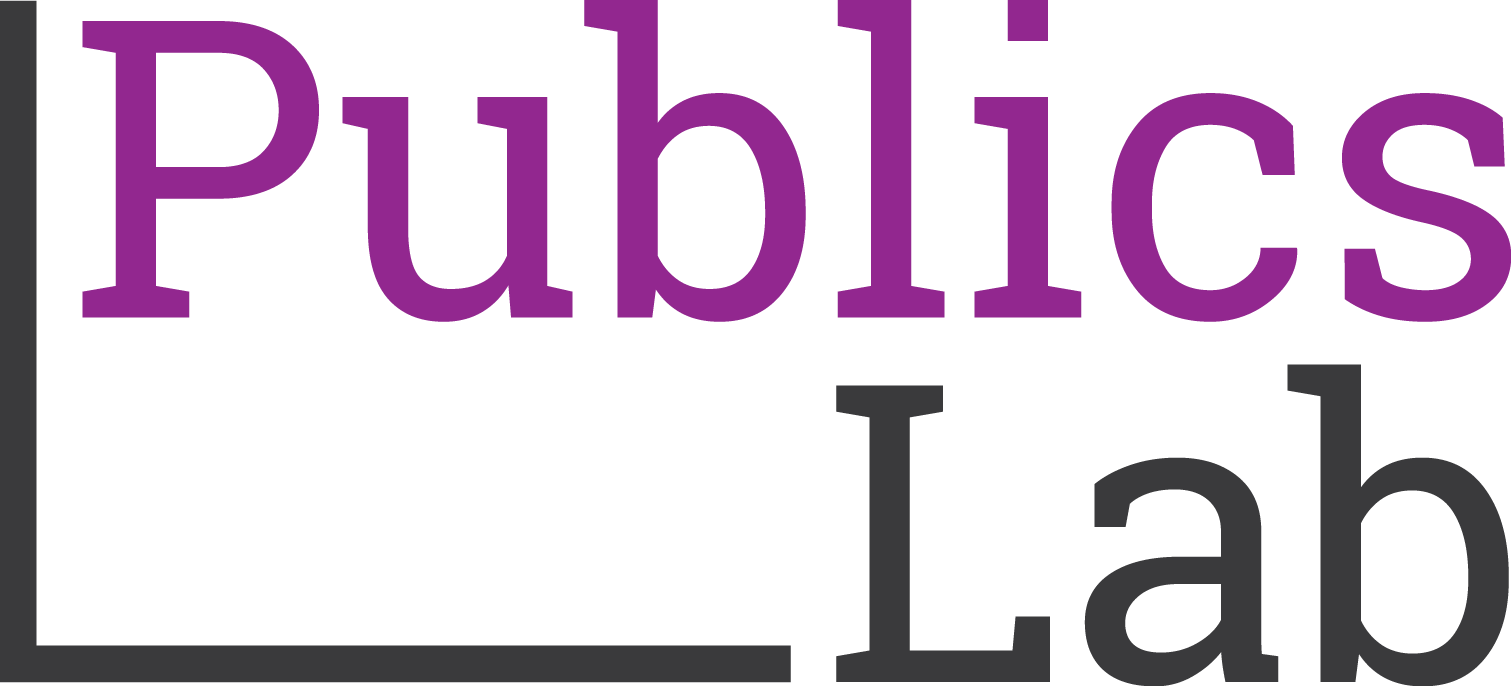
My laptop’s thirteen-inch screen is my primary link to the outside world as the pandemic rages; staring at this screen often causes me to despair, but this time of cloistered isolation has allowed me to contemplate career possibilities beyond academia. As I meditated on this, I was excited to see a class being offered called “Public Writing for Academics,” run by the Graduate Center’s Writing Center and partially supported by the PublicsLab. Every Wednesday this fall, a small group of graduate students would gather on Zoom to listen to Briallen Hopper, author of Hard to Love: Essays and Confessions (2019) and a writing professor at Queens College who completed a Ph.D. in American literature at Princeton before becoming a public writer; later in the semester, we also had a variety of guest speakers, all of whom are also public writers with a background in academia. I’d like to share what I learned from this class with other graduate students, particularly those in the humanities.
1) Don’t assume your audience is knowledgeable about the topic.
Academics write for a highly specialized audience and, for better or worse, we take for granted that our audience is familiar with certain texts and contexts. Personally, I value concision and am always wary of over-explaining or boring my readers. However, it’s important to keep in mind that public audiences are generally not specialists, so providing context is essential, and one of the greatest challenges of public writing is presenting more pedantic material in an engaging way. Try showing your piece to a friend who knows little or nothing about the topic. Can they identify any major gaps?
2) Keep an ideas document.
Some of the most obvious ideas are the easiest not to do. It doesn’t matter whether your ideas document is in Google Drive, the Notes app on your phone, or, if you’re the chaotic type, a bunch of Post-Its stuck on some surface. What’s essential is to corral all your ideas in one place, which can help you to identify common themes in the pieces you’d like to write. This exercise is also a useful way to hold onto ideas until they become immediately relevant to the news cycle, should you wish to write something in the vein of an op-ed.
3) Don’t be afraid to pitch, but it’s best to start with what you know.
It’s neither normal nor a widespread practice to spend years hyper-focused on a specific topic, and it’s especially indicative of how insidious impostor syndrome is that, even after years of study, many graduate students still don’t feel qualified to publish while in school. Public writing can help you get over that hurdle, as you realize you’re more ready to share your thoughts and insights than you might imagine; further, many online publications are excited to work with graduate students because of our expertise and rigor. That said, when starting out, it’s a good idea to write about what you know; this will allow you to develop some contacts and get used to public writing before moving on to other topics, should you wish to. For example, my academic work is focused on 18th and 19th century fiction, but I also read a lot of contemporary literature. This material has no place in my dissertation, but I can apply my training to book reviews and essays.
4) Think carefully about how much of yourself to put into your writing.
Academic writing usually has an impersonal tone and likes to imagine itself objective, which can certainly be refreshing in our memoir-soaked world. That said, there is a lot of space in public writing for the self, and there isn’t a formula for how personal you should get. I think it’s important to meditate on this from the early days of any public writing career, since apparently the Internet never really forgets.
5) Study the work of public writers.
This should go without saying, but I’ll say it anyway. Read the work of public writers with an eye toward what they do rather than what they say. Is there a writer whose work you really love? Conversely, is there one whose work you really hate? What makes them effective, whether you agree with their ideas or not? Studying writing structurally may come naturally to a lot of academics, and it can be extremely generative. The skills you acquire by doing this can also be integrated into academic writing or any other creative writing you do.
Writing for a public audience can be a rewarding experience that reminds you of what you love about your academic research. It can also allow you to write about topics ancillary to, or completely outside of, your academic expertise. Taking “Public Writing for Academics” made me hopeful that I could use my training outside of the narrow confines of the academy, and I hope these ideas will encourage you to try public writing, or even just to rejuvenate your relationship with writing beyond the dissertation slog.
 Tatiana Nunez is a Ph.D. candidate in Comparative Literature at The Graduate Center. Her research focuses on the relationships between sentimentality, empire, marriage law reform, and literary form in French and English novels between 1790 and 1850. Prior to graduate school, she received a B.A. in English literature from Hunter College and worked at various museums in New York City.
Tatiana Nunez is a Ph.D. candidate in Comparative Literature at The Graduate Center. Her research focuses on the relationships between sentimentality, empire, marriage law reform, and literary form in French and English novels between 1790 and 1850. Prior to graduate school, she received a B.A. in English literature from Hunter College and worked at various museums in New York City.







